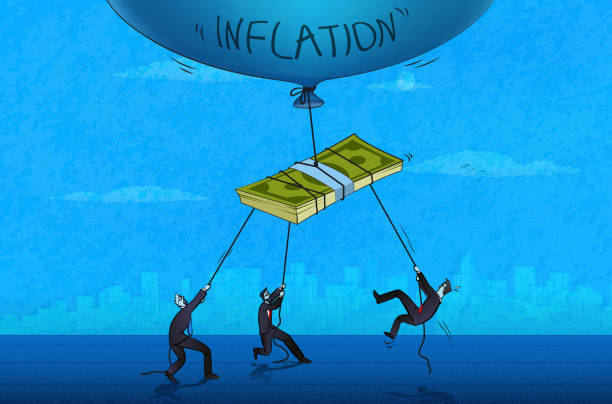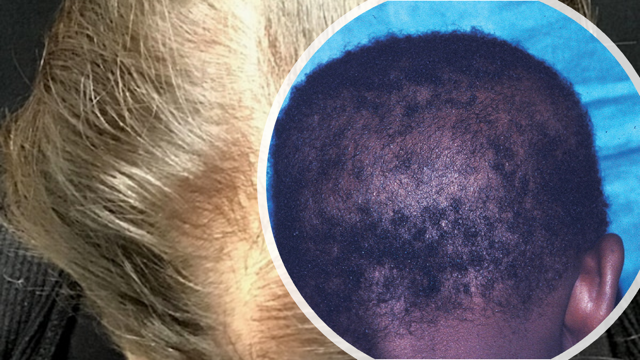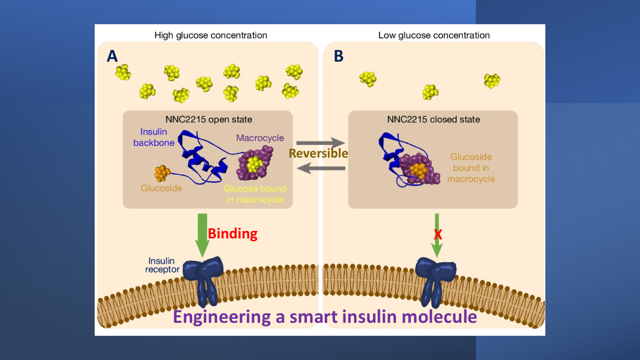SORRY to burst your bubble: You shouldn’t starve to lose weight; you should rather see it as an exciting lifestyle change.
My friend Maria joined a fitness group and started a diet plan which made her lose a lot of weight. She surprised everyone and we all cheered her. But, later on, she started gaining a lot of weight — even much more than what she previously weighed. Here’s why:
Join our WhatsApp ChannelLet’s start by trying to understand the meaning of starvation. Starvation occurs when the body consumes fewer calories than the normal quantity required to sustain life. At this stage, metabolism is slowed down, hunger hormone is released and it goes to break down the body’s glucose store so as to release energy for the body. This process is known as STARVATION MODE. At this stage, the body goes into Survival Mode. It thinks that it’s starving and then responds by hanging onto any calories it gets instead of burning them, making it easier to regain weight once you return to your usual eating pattern or eat a bit more.

Many women start to diet in their early teen or pre-teen years and research shows that dieting during adolescence is associated with an increased risk of developing overweight, obesity, or disordered eating(Anorexia, Bulimia, Pica or Binging) in the future.
Many women start to diet in their early teen or pre-teen years and research shows that dieting during adolescence is associated with an increased risk of developing overweight, obesity, or disordered eating(Anorexia, Bulimia, Pica or Binging) in the future.
Chronic dieting doesn’t always produce lasting weight loss; dieting among people who don’t have obesity is associated with an increased risk of gaining weight and developing obesity over time.

Chronic dieting doesn’t always produce lasting weight loss; dieting among people who don’t have obesity is associated with an increased risk of gaining weight and developing obesity over a time.
Here are some alternatives to dieting which, if consistently done, can give you a better chance of avoiding or reversing weight gain:
1. Mindful Eating:
Know your body signals so you can eat when hungry and stop when full. This is because a lot of weight gain comes from eating when full.
2. Regular Exercise:
Research suggests that, at least, 30 minutes of daily physical activity is beneficial for weight maintenance. The best form of exercise is something you enjoy and can commit to doing long term.
3. Eat More Of Fresh Produce And Drink More Water:
Fruits and vegetables contain very good nutrients and they are filling.75% of the human body is water, so we need water to fuel the body.
4. No smoking; No Excessive Alcohol Intake:
Excessive alcohol and smoking habits lead to the production of harmful free radicals into the body.
Breaking the dieting cycle can help you develop a better relationship with food and maintain a healthier stable weight.
Thanks for reading!
Dr Kelly
















This happened to me. For real. I started dieting.
I lost so much weight and I relaxed after getting notable result and before I knew it,I added like thrice my normal weight before I started. I’m still in shock.